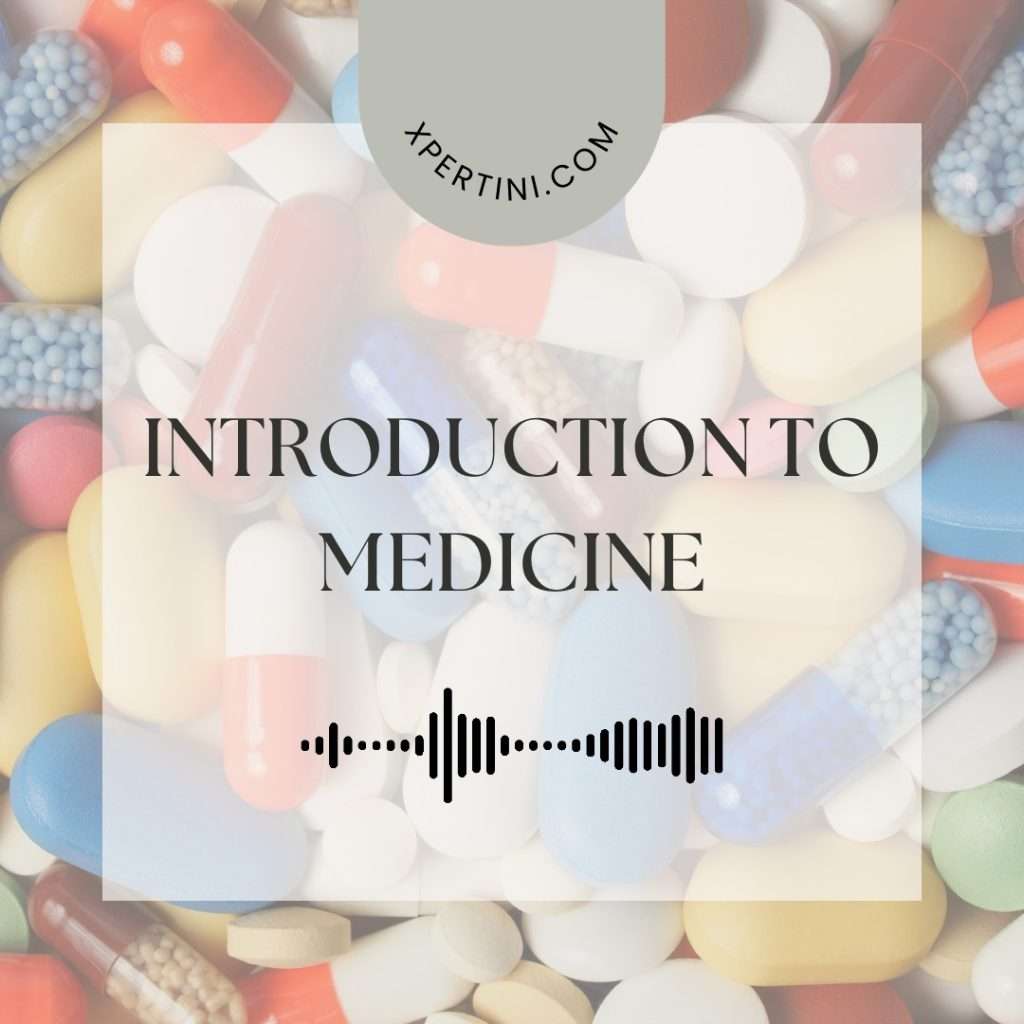Introduction to Medicine
Course Summary
This comprehensive course offers a thorough exploration of the multifaceted domain of healthcare, delving into diverse topics such as medical imaging, laboratory diagnostics, patient care, and career opportunities. Learners will gain a deep understanding of the principles underpinning medical practice, including the use of diagnostic modalities for disease detection and management. Through detailed explanations and real-world examples, students will develop the skills necessary to navigate the complexities of healthcare delivery and communication effectively.
The course covers essential concepts such as patient-centered care, effective communication strategies, and the role of healthcare policies in shaping medical practice. It provides insights into the various career paths available in the healthcare industry, from clinical roles to specialized fields like telemedicine and global health. Additionally, learners will explore educational and professional pathways, understanding the significance of clinical training, licensure, and ongoing professional development in shaping successful healthcare careers.
With a focus on practical applications and real-world scenarios, this course equips learners with the knowledge and skills needed to excel in the field of healthcare. By the end of the course, students will have gained valuable insights into the healthcare industry’s intricacies and emerged prepared to pursue rewarding careers in medicine and healthcare.
Course Overview
This course serves as a foundational exploration into the diverse field of medicine and health. Through a comprehensive examination of key concepts and principles, learners will gain a deeper understanding of the fundamental aspects of medicine and its significance in society.
Course Objectives
- Understand the basic principles and concepts of medicine.
- Explore the historical development and evolution of medicine.
- Identify the various branches and specialties within the field of medicine.
- Analyze the role of healthcare professionals in patient care and public health.
- Examine the ethical considerations and challenges in medicine.
- Evaluate the impact of technological advancements on healthcare delivery.
- Discuss the importance of evidence-based practice in medicine.
- Explore current trends and future directions in the field of medicine.
- Develop critical thinking and problem-solving skills relevant to medical practice.
- Recognize the diverse career opportunities available in the field of medicine.
Course Outcomes
- Analyze the historical milestones that have shaped modern medicine.
- Identify and differentiate between various medical specialties.
- Demonstrate an understanding of the roles and responsibilities of healthcare professionals.
- Evaluate ethical dilemmas commonly encountered in medical practice.
- Assess the impact of technology on healthcare delivery.
- Apply evidence-based practices in medical decision-making.
- Analyze current trends and future directions in medicine.
- Develop critical thinking skills relevant to medical problem-solving.
- Explore and evaluate career opportunities in the field of medicine.
Course Audience
- Aspiring healthcare professionals seeking foundational knowledge.
- Individuals interested in exploring career options in the healthcare industry.
- Students pursuing studies in related fields such as biology, chemistry, or public health.
- Anyone with a general interest in understanding the principles and practices of medicine.

